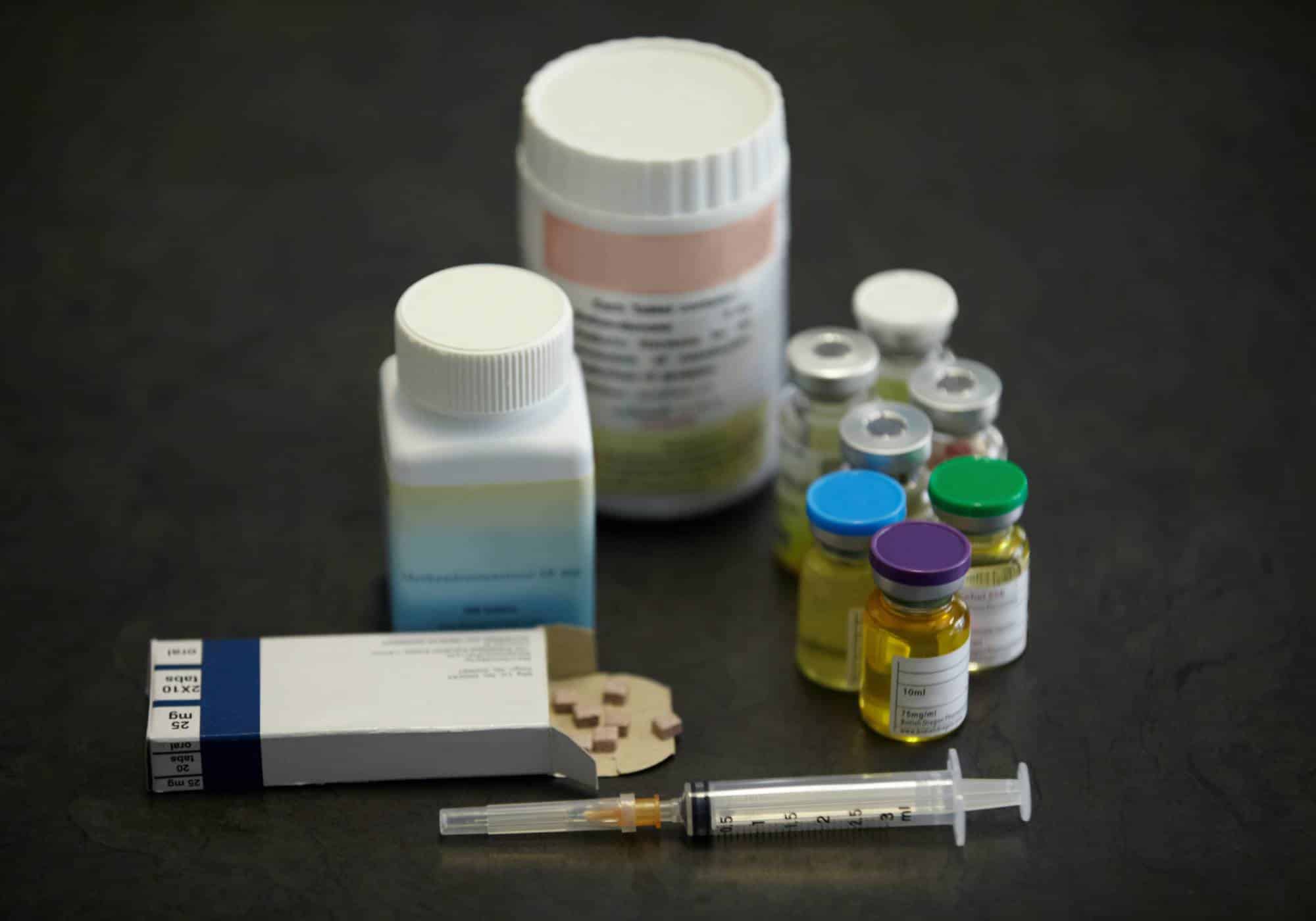In the realms of mental health recovery and substance abuse challenges, the concept of self-love often emerges as a pivotal, yet frequently overlooked, component. Cultivating a sense of self-love is not a luxury but a fundamental aspect of the healing journey towards emotional wellness. This blog post delves into the essence of self-love, its critical role in mental health recovery, and practical self-care strategies that foster self-compassion and enhance the recovery experience.
Understanding Self-Love in the Context of Recovery
In the journey of recovery from substance abuse and mental health challenges, self-love emerges as a crucial yet often challenging practice to cultivate. It is about more than just feeling good about oneself; it’s a deep, enduring acknowledgment of one’s inherent worth and a commitment to one’s well-being. For many navigating the path of recovery, past mistakes and struggles can cloud their perception of self-worth, making self-love a difficult terrain to navigate. Yet, it is in this challenging landscape that self-love becomes most critical. It acts as a foundation upon which the healing process is built, encouraging individuals to view themselves with kindness, forgive their past errors, and recognize their strength and resilience. This self-recognition is not just about overcoming negative self-perceptions but about building a new relationship with oneself—a relationship marked by compassion, understanding, and unconditional support.
Understanding self-love in the context of recovery also involves recognizing the multifaceted nature of self-care and its role in fostering a healthier, more harmonious life. It’s about making conscious choices that prioritize one’s mental, emotional, and physical well-being, from seeking professional help to engaging in daily practices that promote self-compassion. For those in recovery, these choices might include setting boundaries to protect their energy, pursuing activities that bring joy, or simply allowing themselves time to rest and heal. Embracing self-love means acknowledging that recovery is not a linear process but one filled with ups and downs. It’s about giving oneself grace during setbacks and celebrating progress, no matter how small. By weaving self-love into the fabric of recovery, individuals not only enhance their resilience but also pave the way for a more positive and sustainable healing journey.
The Role of Self-Love in Mental Health Recovery
The recovery process from substance abuse and mental health issues is often fraught with challenges, including feelings of guilt, shame, and low self-esteem. In such circumstances, self-love acts as a beacon of hope and resilience, empowering individuals to face these challenges with courage and compassion. By embracing self-love, individuals can:
- Foster self-compassion: Self-love encourages a compassionate attitude towards oneself, especially in moments of struggle or relapse, facilitating a kinder and more forgiving recovery process.
- Enhance emotional wellness: Cultivating self-love contributes to overall emotional wellness, as it promotes positive self-esteem, reduces anxiety and depression, and encourages a healthier outlook on life.
- Build resilience: Self-love strengthens resilience, equipping individuals with the emotional fortitude to navigate the ups and downs of the recovery journey.
Self-Care Strategies to Promote Self-Love
Adopting self-care strategies is a practical way to nurture self-love during the recovery process. Here are some effective self-care practices that can enhance mental health recovery:
- Practice mindfulness: Engage in mindfulness exercises, such as meditation or deep-breathing techniques, to foster a state of present-moment awareness and self-acceptance.
- Set healthy boundaries: Establishing healthy boundaries is a form of self-love that protects your energy and emotional well-being, ensuring that your needs and values are respected.
- Engage in positive self-talk: Challenge negative thoughts and replace them with positive affirmations that reinforce your self-worth and encourage a compassionate self-dialogue.
- Prioritize physical health: Taking care of your physical health through regular exercise, nutritious eating, and adequate sleep is a crucial aspect of self-love that supports mental health recovery.
- Seek supportive relationships: Surround yourself with supportive and understanding people who encourage your recovery journey and respect your process of self-love and healing.

Healing Journey: Embracing Self-Love as a Pathway to Recovery
The healing journey from substance abuse and mental health issues is a deeply personal experience that requires patience, perseverance, and, most importantly, self-love. Embracing self-love is not a one-time act but a continuous practice that evolves and deepens over time. It is about recognizing that you are deserving of love, care, and compassion from yourself as much as from others.
Self-love empowers individuals to take ownership of their recovery process, making choices that reflect their worth and contribute to their well-being. It encourages a holistic approach to recovery, acknowledging that healing encompasses not only the mind but also the heart and soul.

Reach Out To Us
If you or someone you know is navigating the challenges of substance abuse or mental health problems, remember that self-love is a vital component of the recovery journey. Reach out to us today for support and guidance on embracing self-love and self-compassion in your path to emotional wellness. Together, we can cultivate a foundation of self-love that supports lasting recovery and a fulfilling life. If you’re located in Tennessee, reach out to our sister company to get started on your wellness journey!
The importance of self-love in mental health recovery cannot be overstated. It is a powerful force that nurtures the soul, heals the heart, and strengthens the mind. By integrating self-love and self-care strategies into the recovery process, individuals can transform their journey into one marked by growth, healing, and profound self-discovery. Embrace self-love as your ally in the quest for emotional wellness, and let it guide you towards a future filled with hope, resilience, and inner peace.













